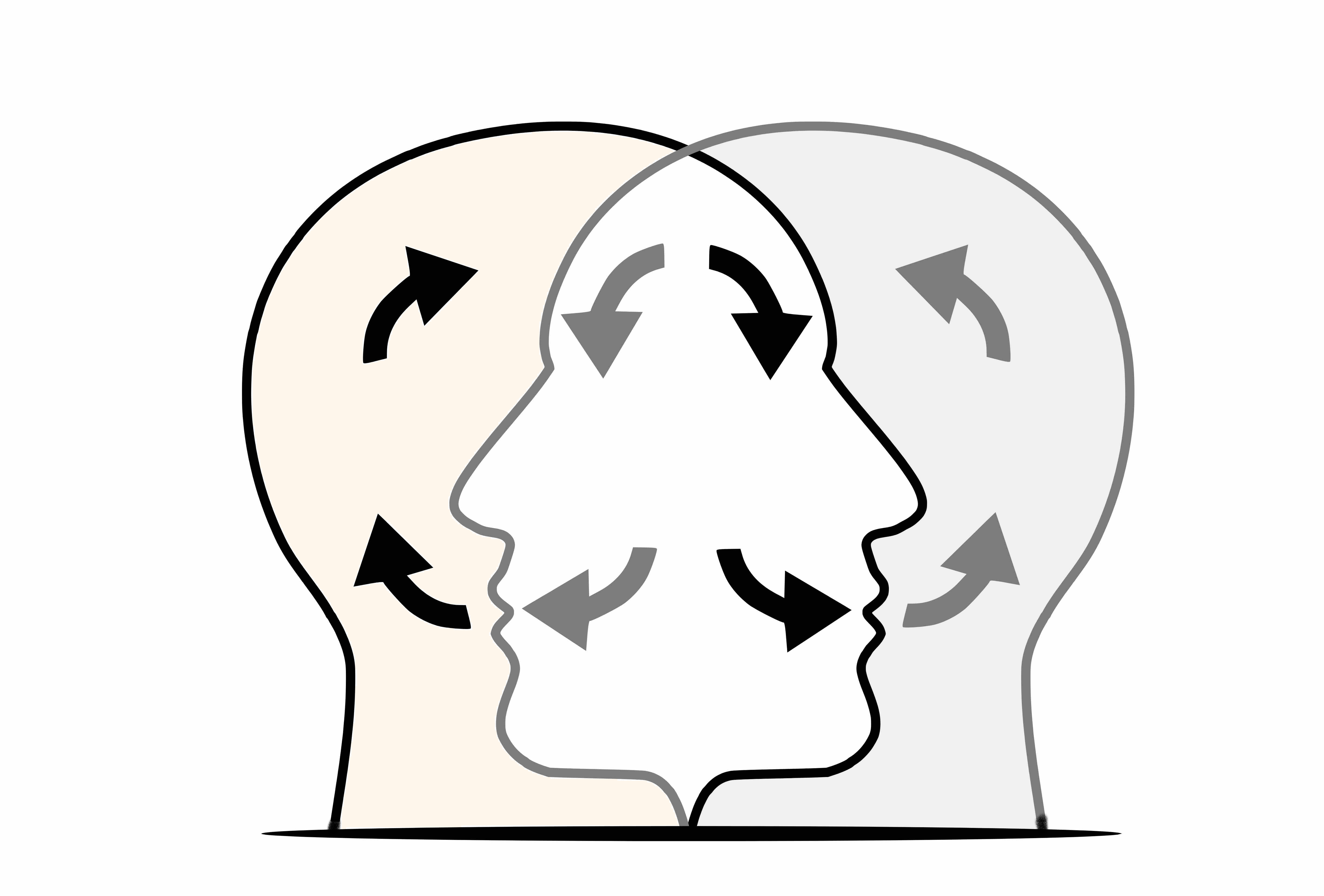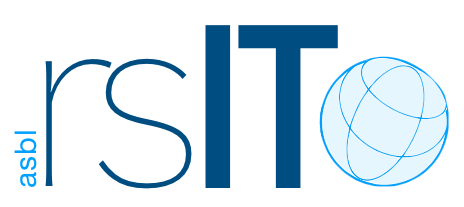La Revue Francophone de Clinique Comportementale et Cognitive est une publication trimestrielle destinée aux cliniciens et praticiens chercheurs d'expression française ayant un intérêt pour les thérapies comportementales et cognitives. Elle est gérée conjointement par l'
AEMTC et l'
AFFORTHECC.
Ses buts sont de créer un lien entre le monde de la recherche et celui de la pratique clinique, de favoriser les échanges entre thérapeutes comportementaux et cognitifs francophones.
Rédactrice en chef : Dr Marie DETHIER (Université de Liège, B),
Numéro ISSN : 2033-9410
Revue inscrite dans les bases de données de PsycINFO
Cote INIST : 26876 - Analysée dans la Base PASCAL


